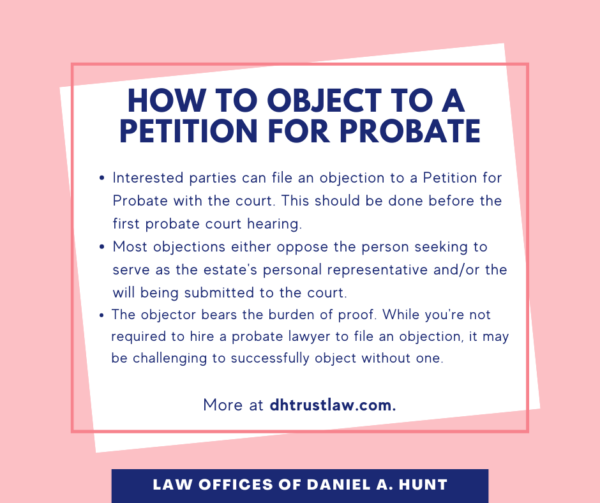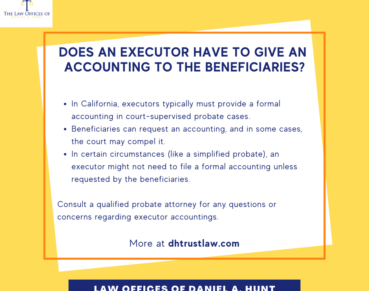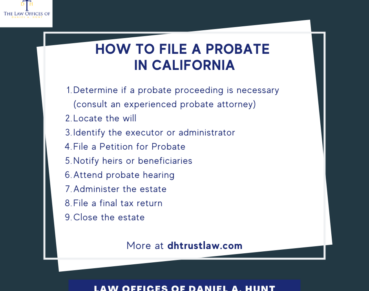How to Object to a Petition for Probate

When someone dies and their estate goes through the probate process, the executor or personal representative starts by filing a Petition for Probate with the court in the county where the decedent lived. But if you’re an “interested person” who stands to inherit from the estate, you also have a right to object to the petition for probate if desired. Here’s how to object to a petition for probate.
What Does It Mean to Object to a Petition for Probate
When someone passes away and leaves behind a will, any interested party can file a petition for probate of the will and ask the court to serve as the estate’s personal representative. Usually, a family member takes this role and administers the estate.
However, under California Probate Code 8250, an interested party can also oppose the appointment of the proposed personal representative or contest the will by filing an objection. An objection to a probate petition is a legal document that an interested party can file to contest the validity of a will or object to the appointment of the proposed personal representative.
When you file an objection, the burden of proof falls on you to show evidence that the will is legally invalid or that the proposed personal representative lacks merit and shouldn’t be appointed.
Why Would I Want to Object?
There are many valid reasons that a person may wish to object to a petition. Here are a few examples:
- Multiple versions of the will exist and the version that has been presented to the court isn’t the most recent one
- Someone exerted undue influence over the decedent which lead them to create the will
- Someone forged the signature on the will
- The personal representative is unfit to serve
Note that simply disliking the personal representative or disagreeing with the distribution of a will are not sufficient reasons to object.
Objecting to a Petition for California Probate is Time Sensitive
When it comes to timing, objecting to a petition for probate is time sensitive. You need to file an objection to a petition for probate before the first probate court hearing. After filing a petition for probate, the personal representative or their attorney will give notice of the initial probate court hearing to all the estate heirs and the general public in a newspaper. The purpose of giving notice is to allow people the chance to object.
If you miss this deadline and fail to file your objection prior to the initial court hearing, the court will assume the will to be correct and the person seeking to be appointed personal representative to be an appropriate choice for the role.
As soon as you receive notice that the probate petition has been filed, seek the advice of a probate lawyer so you can file your objection in a timely manner.
Do I Need a Lawyer to Object?
You might be wondering if you need to hire a probate lawyer to object to a petition for probate. While technically you’re not required to hire a lawyer, it can be challenging to successfully object without the help of an experienced estate litigation attorney.
Remember, the burden of proof falls on the person objecting. A skilled probate lawyer can help you collect evidence, draft a petition, file the document with the court in a timely manner, and present your objection to the court in a way that maximizes your chances of success.
If you have any questions about how to object to a petition for probate, feel free to contact our law firm.
Law Offices of Daniel A. Hunt
The Law Offices of Daniel A. Hunt is a California law firm specializing in Estate Planning; Trust Administration & Litigation; Probate; and Conservatorships. We've helped over 10,000 clients find peace of mind. We serve clients throughout the greater Sacramento region and the state of California.




